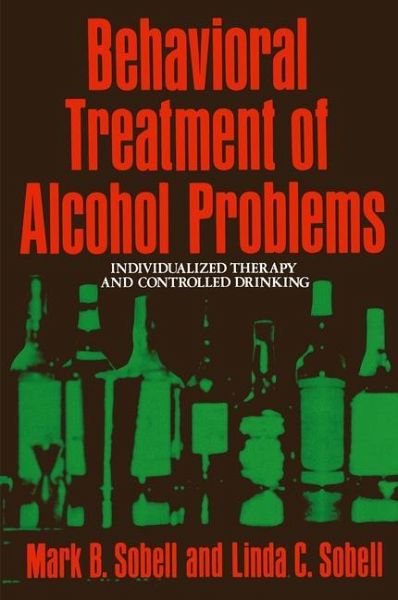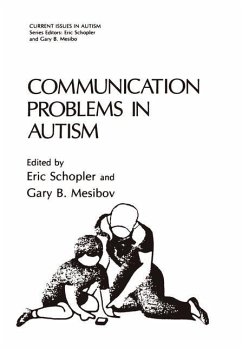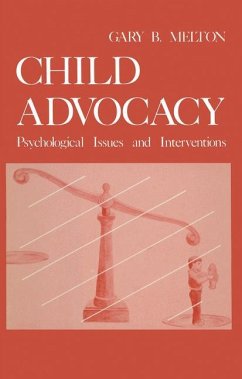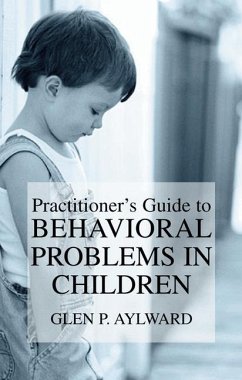
Behavioral Treatment of Alcohol Problems
Individualized Therapy and Controlled Drinking

PAYBACK Punkte
20 °P sammeln!
Ideas about the nature of alcohol problems have been undergoing dramatic change over the past several years. This book summarizes the clinical research we have conducted over the past eight years; research which has evoked controversy and which, we hope, will be evaluated as having been influential in the development of a scientific approach to the clinical treatment of alcohol problems. Although we reference many studies from the general behavioral literature on alcohol problems, we make no pretense of presenting a thorough review of that literature. By and large, this book focuses on the res...
Ideas about the nature of alcohol problems have been undergoing dramatic change over the past several years. This book summarizes the clinical research we have conducted over the past eight years; research which has evoked controversy and which, we hope, will be evaluated as having been influential in the development of a scientific approach to the clinical treatment of alcohol problems. Although we reference many studies from the general behavioral literature on alcohol problems, we make no pretense of presenting a thorough review of that literature. By and large, this book focuses on the research we have conducted, the rationale for that approach, and a detailed discussion of methods and results which cannot be presented in journal articles. The book begins by giving the reader a perspective on traditional concepts in the alcohol field, and why those concepts are now being challenged. Within that conceptual framework, we then trace the development and sophistication of our clinical research, presenting for the first time in a single work a complete consideration of the rationale, methods, and results of the study of Individualized Be havior Therapy (IBT) for alcoholics. Following a discussion of many of the more subtle aspects of that study and its results, we describe how IBT can be used in an outpatient setting-the setting in which we have conducted clinical research for the last six years.












